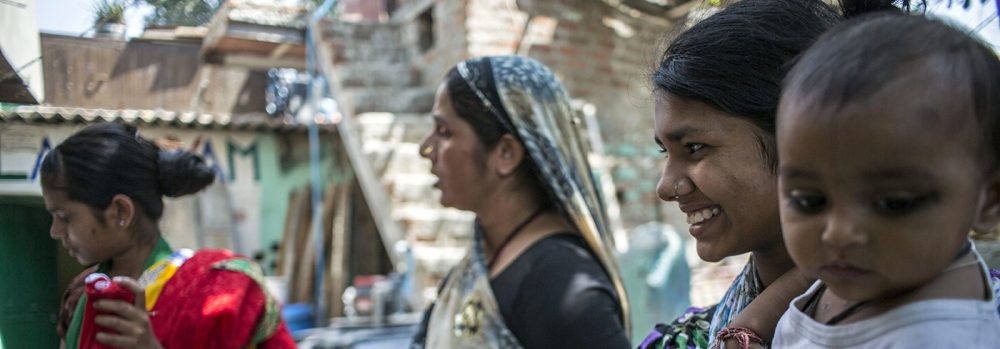As the world marks the defeat of Nazism and the end of the Second World War, Paul Stanistreet asks what lessons we can learn in our current crisis from the mass programmes of social reconstruction that followed the war

The end of the Second World War was marked around Europe by national programmes of social and economic reconstruction, as nation states sought both to rebuild and to address long-standing inequalities.
In France, the De Gaulle government put in place a massive programme of nationalization and social reform, granting women the right to vote and laying the foundations of the modern French welfare state. In the UK, fees for state secondary education were scrapped (through the 1944 Education Act) and a progressive Labour government was elected with ambitious plans to transform social security, including universal free healthcare for all (the National Health Service). Moreover, in the Federal Republic of Germany (West Germany), following the period of occupation, a programme of economic reconstruction ensued, followed by the creation of the German ‘social state’.
The solidarity and sense of shared responsibility and sacrifice engendered in the war appears to have spurred the people who survived these cataclysmic events to reject the way things had been done before and to demand a world that was better – not just for a few but for everyone. There was a desire to recognize sacrifice by humanizing social policy, including in education, and extending people’s rights. Furthermore, there was a new appreciation of the power of the state to act for the common good. What is remarkable about this is that it was achieved at a moment when most of the countries of Europe were in economic disarray, poverty was rife and food rationing common, and governments were loaded with huge amounts of debt. Continue reading



